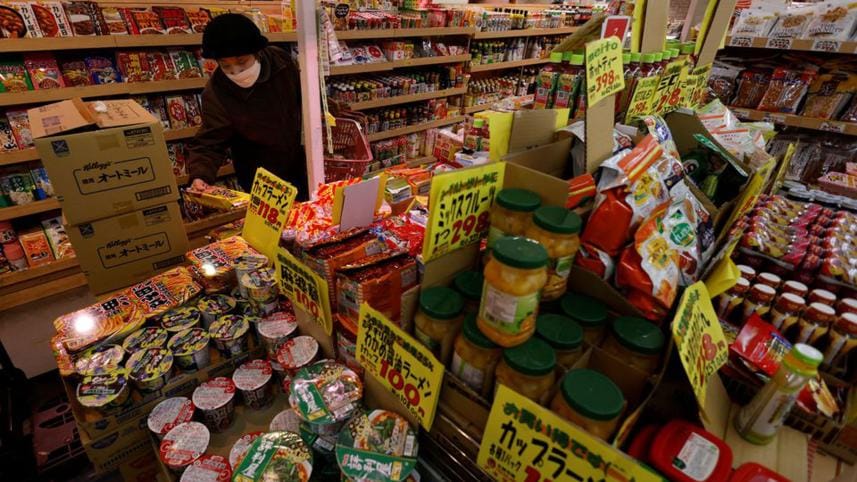Japan needs stable, sustained inflation: official

Japanese Deputy Chief Cabinet Secretary Seiji Kihara on Sunday stressed the need to achieve an economy where inflation rises stably and sustainably, when asked whether the next central bank governor should maintain ultra-easy monetary policy.
"What's important is to create economic conditions where prices rise stably and sustainably," Kihara told a television programme.
"As for the next BOJ governor, the prime minister will choose who he thinks is the most appropriate person," he said. "It's important for monetary, and the broader macro-economic policy, to be stable."
Kihara also said the government was ready to "respond flexibly as needed," when asked whether additional steps could be taken to cushion the economic blow from rising fuel and raw material costs.
"The priority now is to raise wages. Achieving wage hikes is the best growth strategy for us," he added.
Prime Minister Fumio Kishida's administration has offered subsidies to curb utility and gasoline bills, and prodded firms to hike wages, as it saw approval ratings hit by rising fuel and food prices.
Kishida's choice of a successor to BOJ Governor Haruhiko Kuroda, whose term ends in April, will also likely affect how soon the central bank could phase out its massive stimulus as inflation perks up well above its 2 per cent target.



 For all latest news, follow The Daily Star's Google News channel.
For all latest news, follow The Daily Star's Google News channel.
Comments